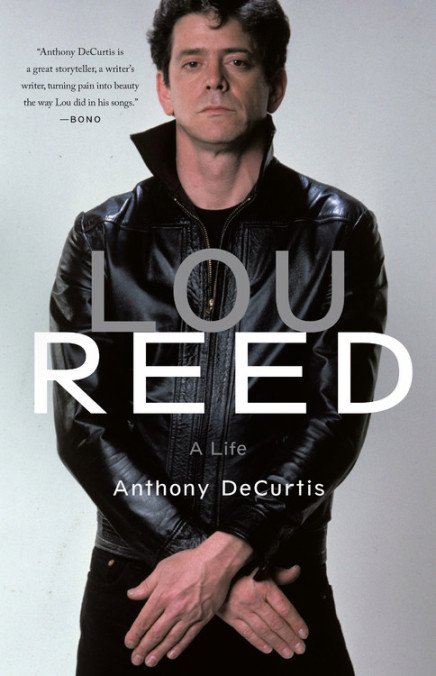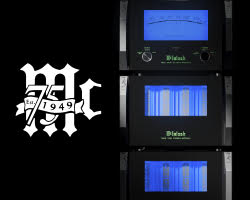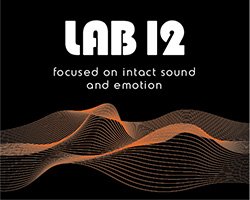See the words New York, Drugs and Andy Warhol and you’re likely to come up with just one name, Lou Reed.
DeCurtis is well placed to document the life of Lewis Allan Reed; he’s a contributing editor to Rolling Stone and has written for the publication for the best part of forty years. DeCurtis is thorough in his writing, speaks to many people close to Reed and manages to bring out positive elements of Reed’s character without glossing over the already well documented and more troublesome side to Reed.
The biography starts off at the very beginning of Reed’s life in Brooklyn before he and his middle class Jewish family moved over to New Jersey. The book chronicles Reed’s early years and portrays him as a clever, if somewhat removed character. Reeds parents sent teenager Reed for electroshock therapy after a breakdown and this is a huge factor in the way Reed portrays his family and in particular his Father. This subject is a recurring theme throughout the book and DeCurtis does a great job of obsessing about it just the right amount so the reader feels Reed’s own obsession.
DeCurtis takes us through Reeds college years where he played in DooWop bands, through the Factory and Velvet Underground years and portrays Reed as a manipulative character, focused on achieving what he wanted to achieve and using people to get to that point. This is highlighted throughout the book in the way that Reed manages people out of bands and relationships. At the heart of much of Reeds behaviour, not taking into the account the effects of a drug and drink problem of gargantuan proportions, we see a control freak who actually wants to be seen as an important literary figure working in the medium of rock and roll.
Of course, there are the drugs, the sex and the years that Reed was in a self-destructive spiral, but what shines through is that Reed was a troubled soul looking to defend himself from being undermined or hurt in any way. He was notoriously difficult in interviews, looking to deflect questions that would expose his personal life or inner feelings and DeCurtis manages to convey this in a way that you do feel for Reed’s plight. The people DeCurtis talks to, both from the personal/family side and from the music industry/band side tend to speak candidly and openly.
The chronology of the book, and the titles of the chapters, move us through the titles of Reed’s albums and De Curtis does talk about the content of each album in detail, but he always manages to tie in the lyrical and musical content of each album to the then current situation in Reed’s life. This makes you connect with the subject and become emotionally attached whilst reading. It would have been an easier task, and perhaps a more throwaway read, to highlight the seedier side to Reeds life and sensationalise the sex, drug taking and aggressive side of Reeds life, but A Life would not be the book it is if that had been DeCurtis’ focus. We see Reed depicted as a musician who, whilst being very difficult to work with, was highly focused on the technical side of his craft and looking to elevate rock and roll to a recognised and respectable art-form.
Reeds self-destructive behaviour didn’t extend only to his personal well-being and health, he was also equally self-destructive with regards his recording career, with a pretty much constant run of a great record followed by an album that would garner neither radio play nor significant sales. Much of this cycle was exacerbated by Reed’s reluctance to promote his records in any meaningful way. This cycle continued throughout his career, right up until the end.
Perhaps the most moving chapters of Lou Reed: A Life are the very last. Reed is clean of drugs, almost clean of alcohol and is in a stable relationship with fellow New Yorker, Laurie Anderson. The couple share the limelight of the New York alt art scene and Reed finally appears to be happy with himself. His health does deteriorate of course, but we see a more spiritual and caring side to Reed’s personality come to the fore and you can’t help but to be hoping that he will pull through…which, I don’t think I’m spoiling the ending for anyone, he of course doesn’t.
Lou Reed; A Life is compulsive reading and I for one couldn’t put it down. It’s pretty hard hitting, informative, moving and shocking in equal proportion and I recommend it highly.








































































































































































You must be logged in to leave a reply.